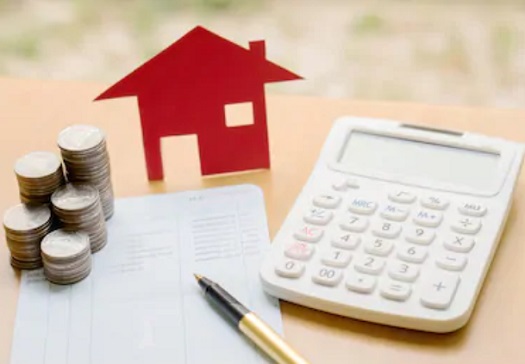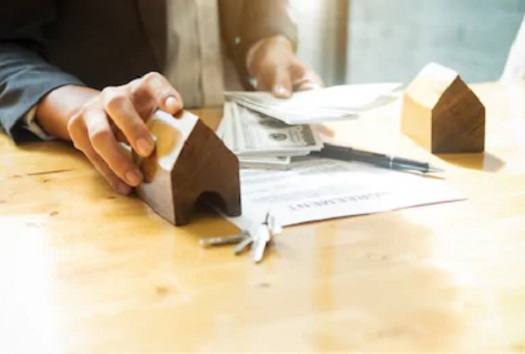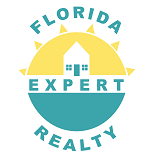There aren’t many milestones more satisfying than buying your first house.
You’ve fantasized about and saved up for homeownership, and you’re ready to make a move. But saving the downpayment is only the first leg of the journey.
Here’s what you need to know about buying your dream home in six steps.
One: Beyond the Down Payment | Earnest Money and Closing Costs
Financial institutions generally require a down payment on the home you intend to buy. The down payment on a house is estimated at 20% of the property’s total value. If you’re buying a $300,000 home, you’ll need to have saved up $60,000 for your down payment.
In addition to the down payment, you’ll submit an earnest money deposit with your offer, which you can estimate at around 2%-4% of the property’s value. Your deposit is held in escrow until closing, not dispersed to the seller.
Beyond the down payment and earnest money deposit, the buyer is usually the one responsible for closing costs at the end of the transaction somewhere between 30 and 90 days from the date your offer is accepted.

Closing costs encompass things like lender fees, inspections, appraisals, real estate agent fees, clerical fees such as title search, etc.
Buyers closing costs can be between 1% and 8% of the home’s total value but typically falls between 2% and 5%.
Closing costs on a property valued at $300,000 could run you between $3,000 on the lowest end, and $24,000 on the high side. At a rate of 4%, on the average, you can spend $12,000 over and above the sales price of the property.
As a general rule, you’re not able to incorporate your closing costs into your home mortgage loan, unless you’ve found a specific type of financing that allows you to roll closing costs into your mortgage.
Finally, you don’t want to be house-poor or in a financial pickle because you over-extended yourself financially. Save a nest-egg of 3-6 month’s worth of expenses and an emergency fund. You never know what problems may arise in your new house.
Make sure you’re financially sound, then move to step two, preparing your credit and debt-to-income ratio.
Two: The Numbers Game | Managing Your Credit Score and Debt-to-Income Ratio
To get financing from a bank, you’re required to have a healthy credit score and a well-balanced debt-to-income ratio.
A healthy credit report produces a score of 620 or higher. Lenders like to see that you’ve been honorable with your repayment of debt. They also want to verify that you’ve made your payments on time.
If your credit score is under 620, obtain a copy of your credit report to identify problem areas. Rectify any past-due accounts and pay off as much (if not all!) of the debt that you have.
Having no outstanding debt or delinquent accounts gives you a much higher credit score and a better chance of being approved for your home mortgage loan.

Your debt-to-income ratio, also known as a DTI, measures your monthly income against your monthly debt to determine whether or not you’re over-extended. Your financial institution wants proof that you can afford to repay what you borrow.
Your DTI, when applying for a home mortgage loan, should be at 36% or lower.
To determine your DTI, add up your total debt and divide it by your monthly income. If your DTI is over 36%, the only way to fix it is to reduce expenses or increase your revenue – though it’s not recommended you change employment anytime near your home purchase.
With your finances in order, your credit score high, and the right debt-to-income ratio, you’re ready to shop for lenders and apply for your home mortgage lender.
Three: How to Find the Right Bank to Finance Your House
Many first-time buyers don’t realize they have the right to shop around to find a lender that fits their needs. You don’t have to stick to your hometown bank’s terms and conditions if they don’t suit you.
You can research lenders, investigate interest rates, and read about the terms of the loan.

It’s crucial to get pre-approved (not pre-qualified) for your home mortgage loan. First, you’ll need to know your realistic home-buying budget. Second, you’ll have the upper hand against other offers if the seller knows you’ve already got purchasing power, and you’ll expedite the closing process by having the application done and approved in advance.
You’ll be heartbroken if you fall in love with a property and then find out you’re not approved to make the purchase. Get the financing first.
Four: Find the Right Real Estate Agent
Choosing the right real estate agent is paramount to your home buying experience. Not all real estate agents are the same, and they have different areas of expertise.

Look for an agent who is familiar with the area in which you’d like to buy, and who has extensive knowledge about the type of property you’re interested in buying.
Interview agents to get a feel for how they communicate, how well they answer your questions, and how comfortable you are in the conversation.
Five: Finding the Right House and Making an Offer
Once you’ve found the right agent, talk about your price point and your wish list. You may find what you’ve searched for, but chances are you may have to compromise on features and upgrades or location.
When you do find a house of interest, try not to attach emotionally. Other buyers may also be interested. In the case of multiple offers, the seller must choose which offer is better. This scenario is where your home mortgage loan pre-approval comes in handy.

But high competition could escalate the price, even beyond your budget. Even during the closing process, the contract might fall through if inspections and appraisals reveal problems.
Don’t fall in love just yet. Although, the seller accepting your offer is the next part of the process and definitely something to celebrate.
Six: The Closing Process
The closing process is when the home is inspected, appraised, and services are provided, such as a title check.
The title check verifies that there are no liens or tax holds against the property you’re buying.
The appraisal satisfies the bank that the property is worth the amount of money you’re borrowing.

The inspection ensures that the foundation, structure, major systems such as heating and air, and property are sound and in good condition.
The closing process can be the most difficult part of your real estate transaction.
Many buyers find themselves impatient, eager to move into their new home. Know ahead of time that you could be waiting around 90 days to get your keys.
When the house has cleared its inspection, appraisal, and paperwork, you’re ready to meet at what’s called the closing table.
The closing table is where you’ll sign all of your final documents, pay your closing costs, and obtain the keys to your first home.
Conclusion
Understanding the six steps to buy a house before you set out on the real estate journey can ease and expedite your process. Secure your financing.
Prepare your credit and DTI. Get pre-approval for your home loan. Work with the right real estate agent. Be realistic as you’re on the house-hunt, and be patient during the closing process.
Have Questions? Ask April!
Give April D. Robinson a call at 727-BUY-SELL (727-289-7355) to learn more about local areas, discuss selling a house, or tour available homes for sale.

